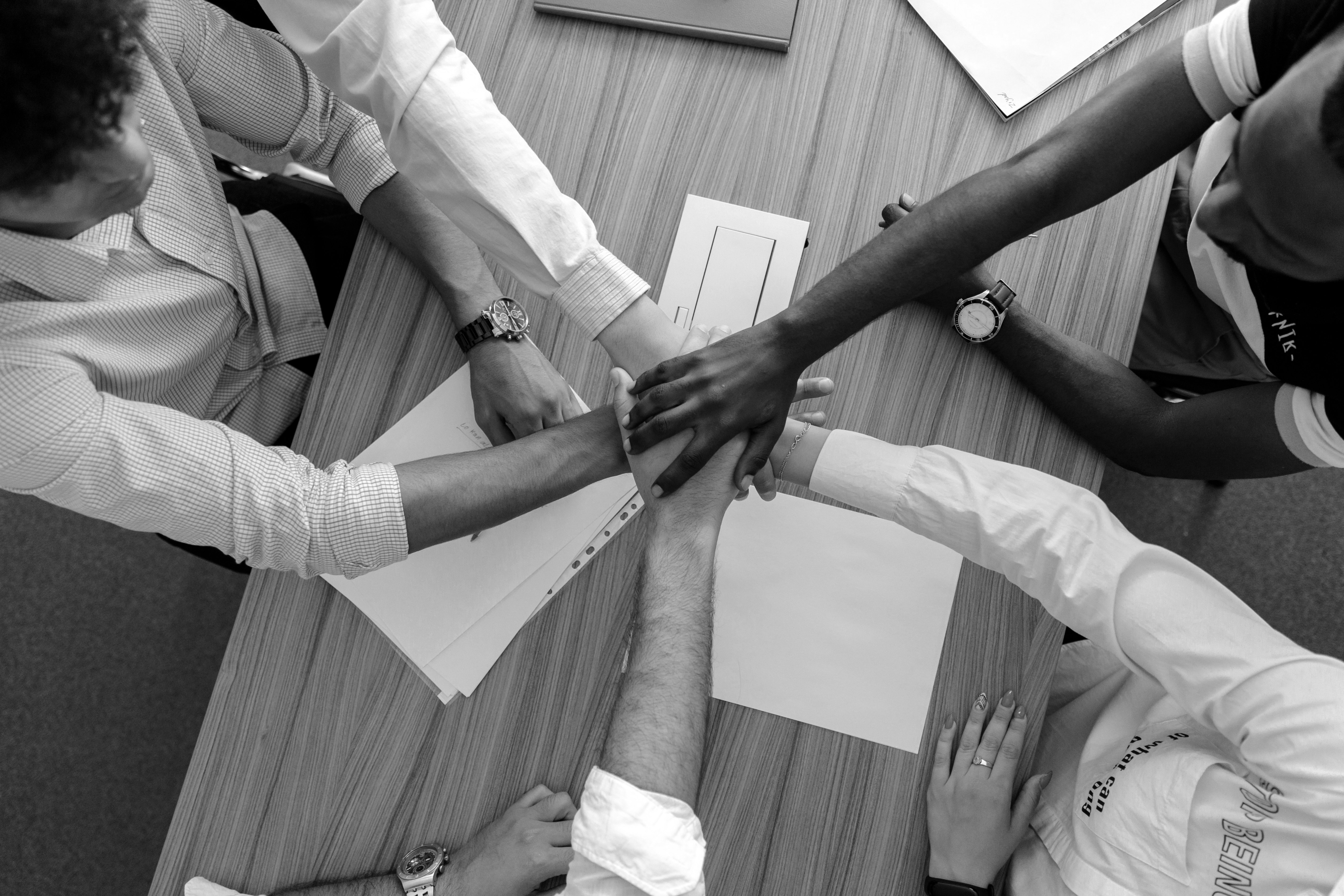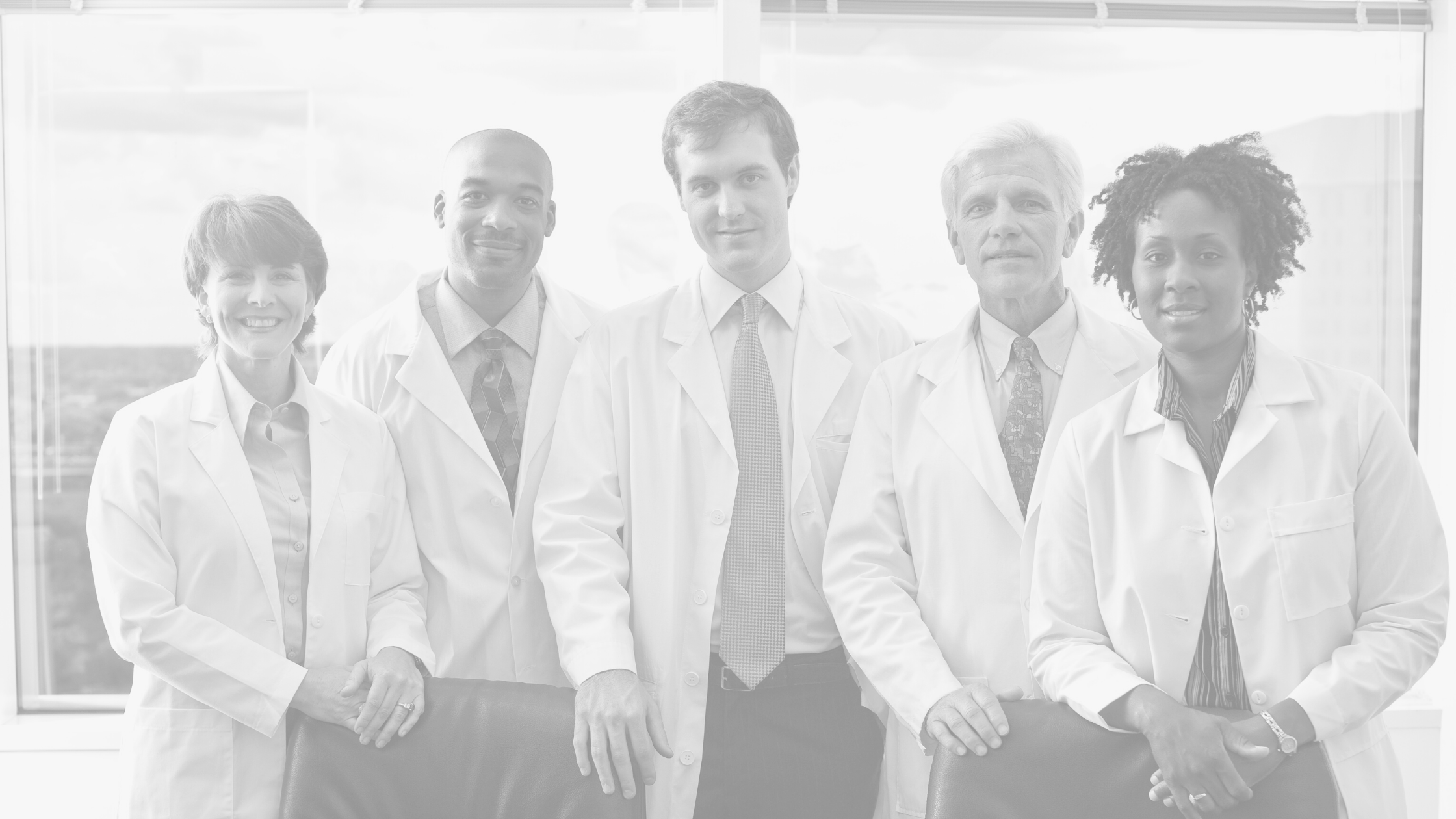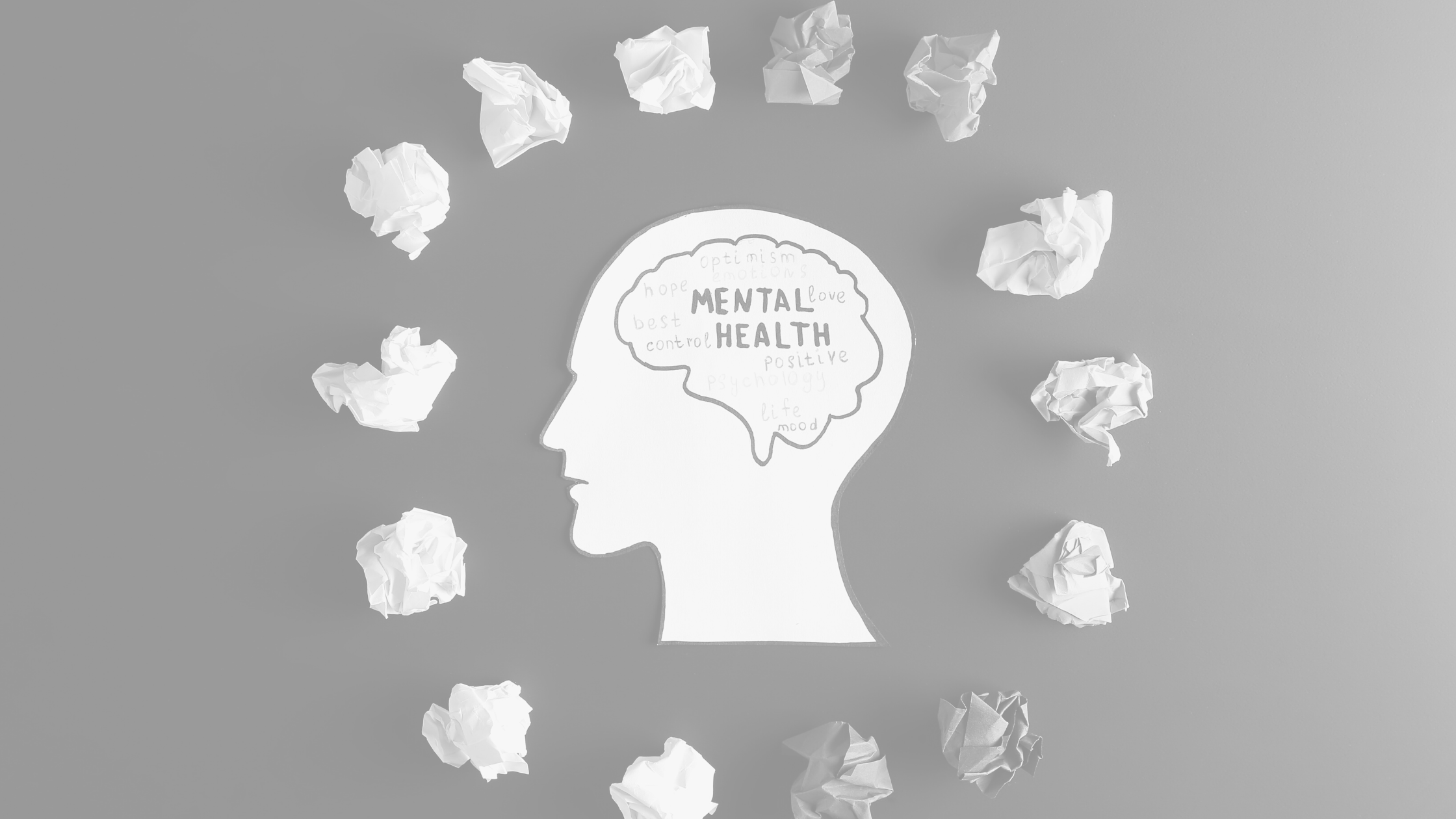As we enter the third wave of COVID-19, we are once again facing an uncertain future for leaders at all levels. One thing, though, is certain and that is the enormous impact of the pandemic on physician leaders. Physician leadership, which has always played a role in the alignment between hospital administration, medical staff, and the communities served, has become increasingly important as hospitals and health systems around the country embark on or continue efforts to strategically integrate with physicians. However, developing physician leaders can be a difficult undertaking. As we knew, before COVID-19, the skills that make a physician a fabulous doctor, don't necessarily correlate with being a successful leader.
The challenges resulting from the pandemic have overwhelmed even the most skilled and experienced leaders, whether they are physicians or not. The challenges demand navigating volatile, uncertain, complex and ambiguous conditions — a situation often referred to as VUCA. Physician leaders today need to shift constantly and decide in an instant with limited data — to be agile and adaptive.

.jpeg)








